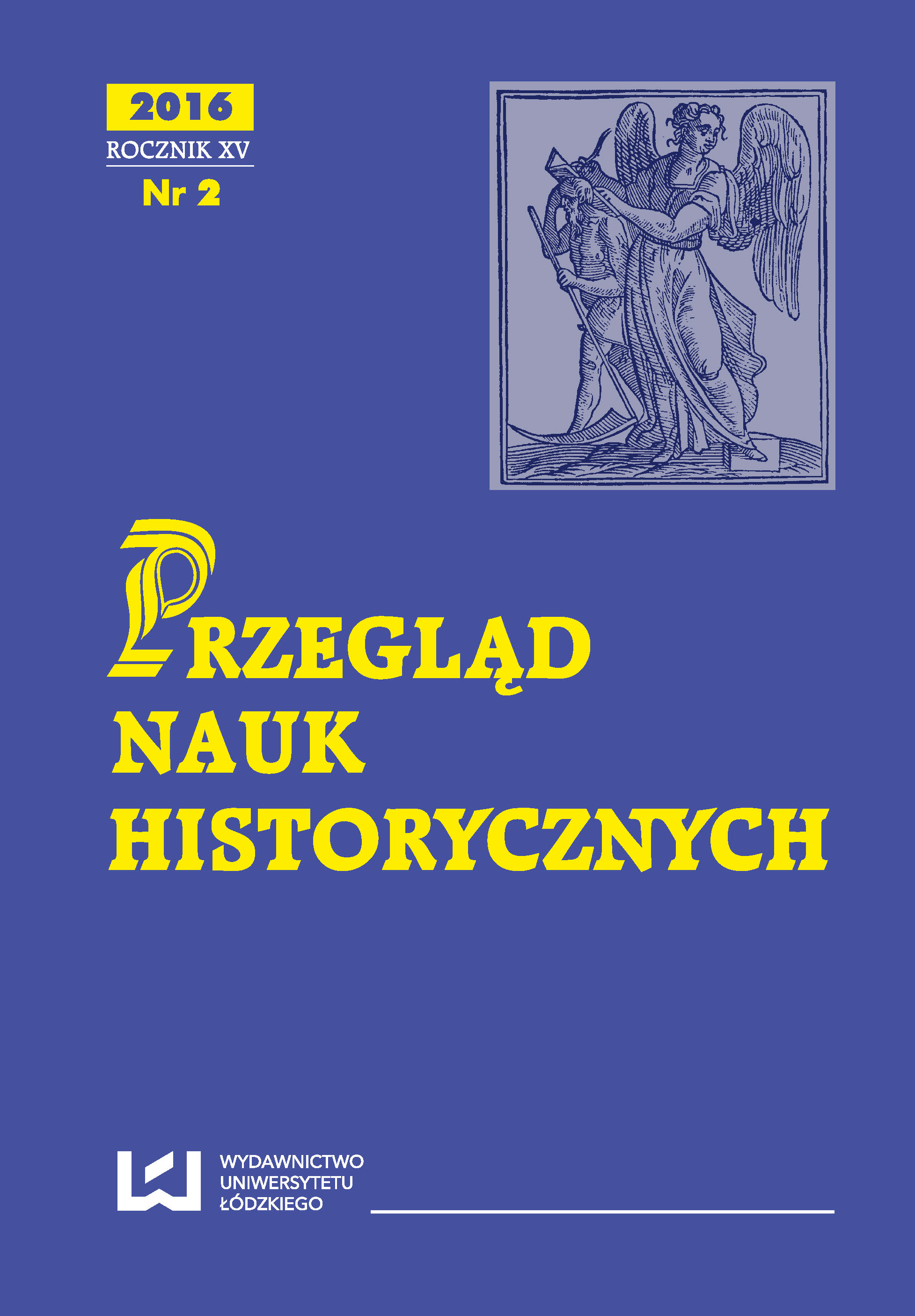Organizacja i struktura oraz zakres kompetencji społecznych organów nadzorujących szkolnictwo powszechne na terenie województwa łódzkiego w okresie międzywojennym
Organisation, structure and competences of social control over the primary education system in the voivodship of Łódź between the wars
Author(s): Krzysztof W. MuchaSubject(s): School education, State/Government and Education, Pre-WW I & WW I (1900 -1919), Interwar Period (1920 - 1939), Social Norms / Social Control
Published by: Wydawnictwo Uniwersytetu Łódzkiego
Summary/Abstract: In 1918–1939 in the voivodship of Łódź there was a multi-stage, hierarchical structure, social bodies supervising the operation of primary public education. All the institutions covered the area of the whole voivodship, individual counties, municipalities and towns where the elementary schools were established. They were selected in a similar way – the members were selected and appointed because of their local governmental functions. The method of picking of individual institutions and reflection in their broad representation of local factors deciding and participating in educational activities (local authorities, teachers, clergy, representatives of citizens) had in his assumption to engage and involve the public in the effort aimed to reduce the scourge of illiteracy, the full implementation of the compulsory education and to raise the level of education. Each institution had similar range of competence in relation to the represented and governed area. The units carrying out their responsibilities took resolutions, formed conclusions and recommended the development and strengthening of the elements forming the education system. Unfortunately, they did not have any significant decision-making powers and regulations that could be used effectively on the local governments, who were responsible for founding the new and the maintenance and development of existing educational institutions. Thus, their role was mainly to act as consultative and advisory bodies. Probably the lower than expected effectiveness of the education supervising social factors also largely contributed the elimination of their structures. It is difficult to state clearly how the putting into force at the beginning of 1939 legal solutions could be effective in achieving the demands associated with general education. Perhaps an attempt of closer relationship between the new educational committee – the district and municipal – with the local authorities had a chance to strengthen the case and the position of education in the bodies responsible for them and financing them. However, as we know, the new government related bodies had no time to develop their activities. The process of their forming was interrupted by the forthcoming Second World War.
Journal: Przegląd Nauk Historycznych
- Issue Year: 14/2015
- Issue No: 2
- Page Range: 123-146
- Page Count: 24
- Language: Polish

